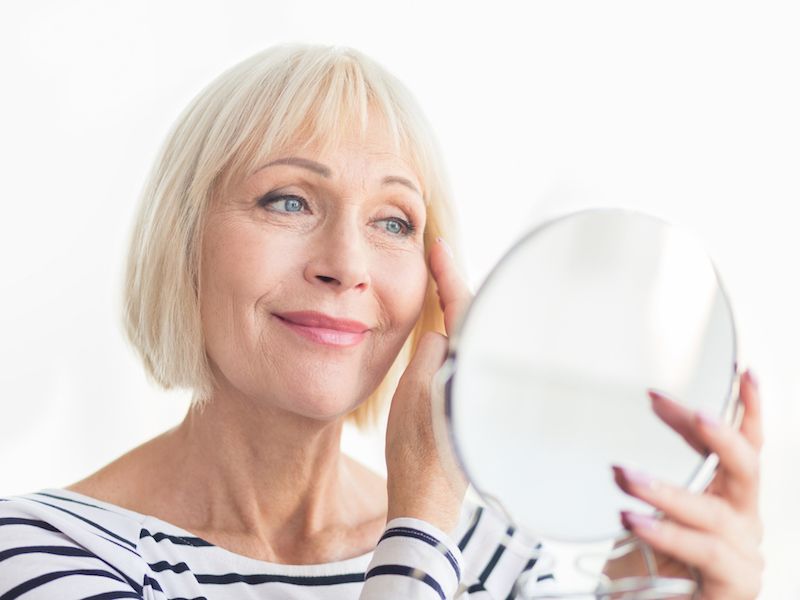
Everyone wants to stay youthful for as long as possible. We spend countless hours trying everything possible to stay young. From specialized diets to gym memberships to Botox to wrinkle creams. Still, with all that time and effort, the one thing that might actually work, we tend to avoid: wearing ear protection.
Hearing loss is often one of those “signs of aging” that we often think of as inevitable. But it’s not that easy. By safeguarding your ears (and treating them with a bit of kindness along the way), you can help prevent damage and keep your hearing in good condition. And as time goes by, strong hearing can have significant anti-aging advantages.
Aging And Hearing
When we speak about “aging” we don’t normally mean the actual passage of time. Instead, certain emotional, mental, and physical changes are indications that a person is getting older. Joint pain is a great illustration of this. You might associate sore knees, for instance, with “growing old”. But lifestyle has as much to do with this as age does.
Many types of hearing loss are in this category. As you get older, damage builds up. The build-up of damage, in most situations, is the actual cause of hearing deterioration. And that’s when the problems can start to grow out of control. Several other indications of aging have been linked to hearing loss:
- Studies have shown a strong connection between neglected hearing loss, depression, and anxiety.
- When hearing problems are unnoticed and neglected they can often hasten the onset of other mental health issues, including dementia.
- In some cases, the mental strain associated with attempting to hear can cause problems like loss of memory or insomnia. And that might make you feel like you’re aging in an especially profound way.
- Neglected hearing loss could cause you to isolate yourself from friends or family.
So How do I Combat Age-Related Hearing Loss?
You’re actually emphasizing damage prevention when you fight the “signs of aging” in your ears. And fortunately, there are a number of ways to accomplish that. Here are some things you can do:
- Wear ear protection to work if your job exposes you to loud noise. Modern ear muffs have amazing technology that can let you hear voices with clarity while eliminating loud, harmful environmental sounds.
- Become more aware. You can still have damage to your hearing even if sounds are not painfully loud. Your hearing can also be damaged by moderate noise if you are exposed to it for long time periods.
- As much as possible, avoid loud noises. If you have to expose yourself to loud noise, use hearing protection. So when you go see that concert with your favorite musician, be certain to use earplugs.
Your ears can be protected by all of these actions. But there’s one more step you can take to keep your hearing in good shape: come see us for a hearing exam. Making sure you get hearing examinations regularly can help you catch hearing loss before it’s even perceptible. You should still have a screening even if your hearing is normal so that you can have a standard to compare against in the future.
Keep Your Hearing Healthy With Hearing Aids
The world we live in can be noisy. Despite your best effort to take care of your hearing, you still may ultimately notice some hearing loss. You need to seek out help as soon as possible if you do notice any symptoms of hearing loss. Some of the age related concerns related to hearing loss can be prevented with a good pair of set aids.
Hearing aids can assist your hearing to function more youthfully, sort of like a facelift for your ears. And that can help keep depression, dementia, and other problems at bay. The example isn’t ideal, as hearing aids are necessary and a facelift isn’t, but you get the idea. Wrinkle creams could help you look younger. But your best choice, if want to feel younger, is to deal with your hearing loss and protect your ears.
